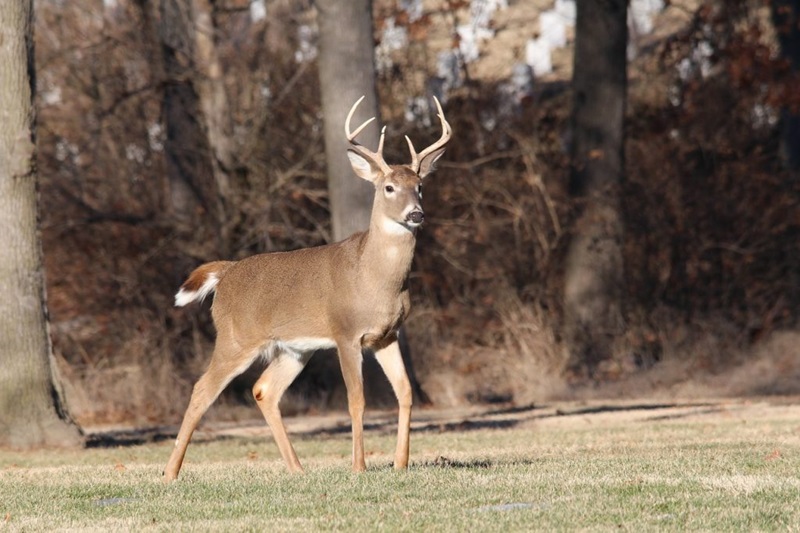
florida hunters concerned about rights amidst chronic wasting disease outbreak
Chronic Wasting Disease, a serious brain and nervous system disease in deer, has been found for the first time in Florida. It was detected in a deer from Holmes County.
This disease is always fatal to deer and is known to spread easily among them. To stop the disease from spreading, the Florida Fish and Wildlife Conservation Commission (FWC) is taking strong action.
Hunting in Florida Panhandle
Animal hunting is cruel indeed. But hunting is a tradition passed down through generations in the Florida Panhandle.
Kenny Watford, who owns Watfords Taxidermy in Ebro, shares that in northwest Florida, hunting and fishing are common activities enjoyed by many. This lifestyle is deeply valued by the locals.
Concerns Over Chronic Wasting Disease This Hunting Season
However, this hunting season, there’s worry about Chronic Wasting Disease. The FWC found this disease in a deer that was hit by a vehicle last June in Holmes County.
Because of this, the FWC started testing deer in Holmes, Washington, and Jackson counties. The disease affects deer’s brains, causing symptoms like stumbling, foaming at the mouth, a wide stance, and extreme weight loss.
Measures Taken to Prevent Spread of Disease
This disease is rare and usually seen in the western United States. The case in Holmes County led to new measures to prevent its spread.
For example, the FWC set mandatory check-in weekends where hunters had to get deer tested for the disease. Some hunters chose not to hunt on these weekends to avoid the risk of finding the disease in their deer.
Hunters’ Worries About New Regulations
Many hunters are worried about more rules and limits if a deer with the disease is found. They feel these regulations could interfere with their hunting practices.
Despite understanding the need to stop the disease from spreading, hunters are concerned about new restrictions affecting their tradition.
FWC’s Efforts and Results in Containing the Disease
FWC officials have tested over 600 deer in the panhandle since finding the first positive case, but fortunately, no more deer with the disease have been found.
The FWC is working hard to keep the disease limited to the area where it was first detected, balancing the need to protect wildlife and preserve hunting traditions.







